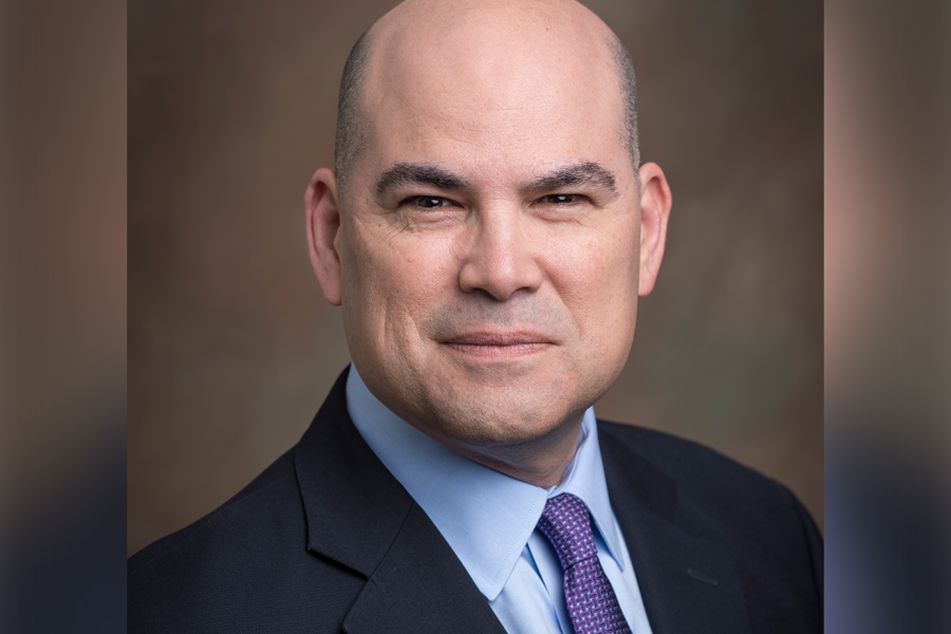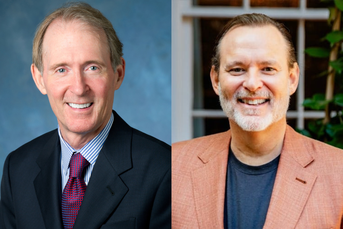Here’s what your clients need to ask themselves before retiring

T. Rowe Price retirement expert Stuart Ritter explains what individuals need to learn about themselves — both financially and nonfinancially — as they plan for retirement.
Financial advisers are required by law to “know your client.” When it comes to retirement, however, it also helps when clients know themselves.
InvestmentNews caught up with Stuart Ritter, retirement insights leader at T. Rowe Price, to learn what individuals should know about themselves — both financially and nonfinancially — as they plan for retirement.
InvestmentNews: Are there any steps to retirement planning that many don’t think to do?
Stuart Ritter: It probably won’t surprise anyone that three out of four people have made a serious effort to plan financially for retirement. But what may be surprising is that only one out of three people have made a serious effort to plan emotionally for retiring — that is, truly visualizing what retirement will look like and thinking through what will bring you fulfillment.
We might all know someone who retired and, while they were in good shape financially, really struggled in the transition, perhaps with navigating boredom, loneliness or maybe even purpose. This is likely because they didn’t consider the emotional side of retirement, let alone put a plan together for it. This needs as much attention as the financial side, so people should make sure they’re not just retiring ‘from’ something but have also determined what they’re retiring ‘to.’
IN: In addition to their finances, what should people ask or know about themselves as they prepare for retirement? And why are these elements important to the process?
SR: We’ve learned that people need to truly visualize their future retirement and think through five specific areas of their lives: who, what, where, when and why. Who do they want to spend time with? What activities do they want to engage in? Where do they want to live? When do they want to retire? And why will they get up in the morning, that is, what will give them meaning and fulfillment?
When someone has thought through these five W’s, they have a better understanding of who they are and who they want to be in retirement and can create a personalized action plan to get there. If continuing to work is part of your ‘what,’ think through what kind of work, for whom, how often — and then plan for that. If the ‘where’ is different from the place you live now, do some research on your options — costs, weather, health care, etc.
IN: What are some key ways retirees differ from one another and how might that impact how you prepare for retirement?
SR: Certainly each person will differ in their own unique responses to the five W’s, and the depth and content of those responses can impact the retirement plan they develop and overall, how prepared they might be. Another way that retirees can differ is in how they manage money in retirement.
While conventional wisdom assumes all retirees intend to draw down their balance and maintain their spending throughout their entire retirement, our research finds that 70% of retirees actually identify more as ‘savers’ working to maintain or even grow their balance during retirement and are willing to adjust their spending and lifestyle to do so as they move through retirement. So asking questions to better understand if someone identifies as a ‘spender’ or ‘saver’ can be crucial in identifying and planning for which retirement financial solutions are their best fit.
IN: What about couples? How can understanding a partner’s vision of retirement help one another prepare?
SR: No two people have the same vision, so couples have an even bigger reason to think about life in retirement to ensure they’re on the same page. For example, someone may have an idea of where they want to live, but is that what their partner is thinking? Better to find out before retiring than to come home one day and see a ‘for sale’ sign on your front lawn.
Even how much time a couple plans to spend together is something to discuss. It takes some time for any couple to figure out and settle into what works for them. Taking time to individually answer the five W’s, and then comparing with one another before making decisions, can help smooth the transition.
IN: What role can the adviser play in helping clients think through some of these more unique but essential questions of retirement planning?
SR: First, the more an adviser knows about their clients, the more they can help them. The answers to the five W’s can give an adviser better insight into the goals a client is trying to achieve and better position them to create financial solutions and investment strategies today that will help achieve them. This also sets up a virtuous feedback loop — as clients understand what has to happen today to achieve their goals, they’ll inherently also refine that vision. An adviser can be a guide in that process, from pre-retiree planning to the transition into retirement, and through retirement as that vision evolves in each stage.
Learn more about reprints and licensing for this article.








